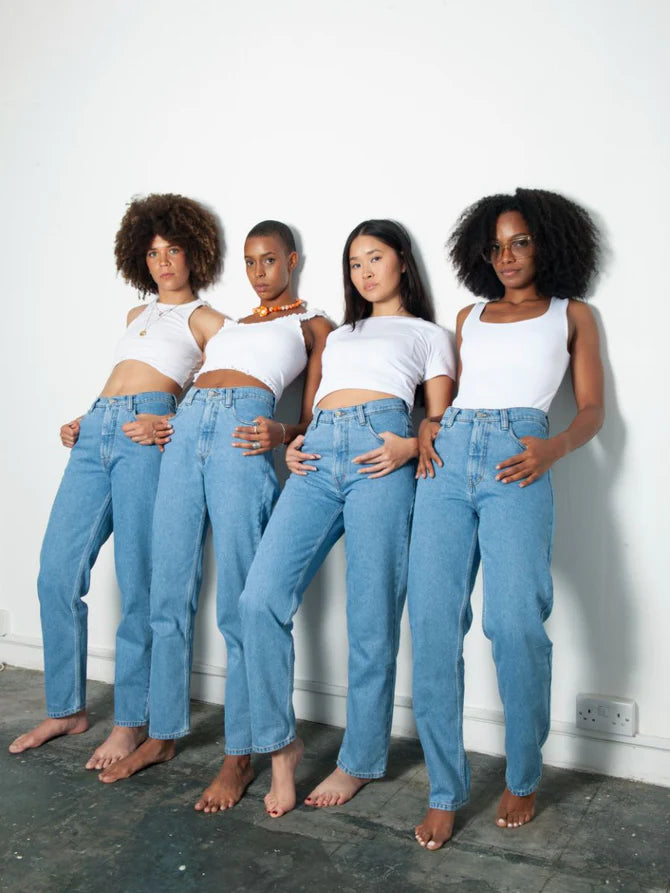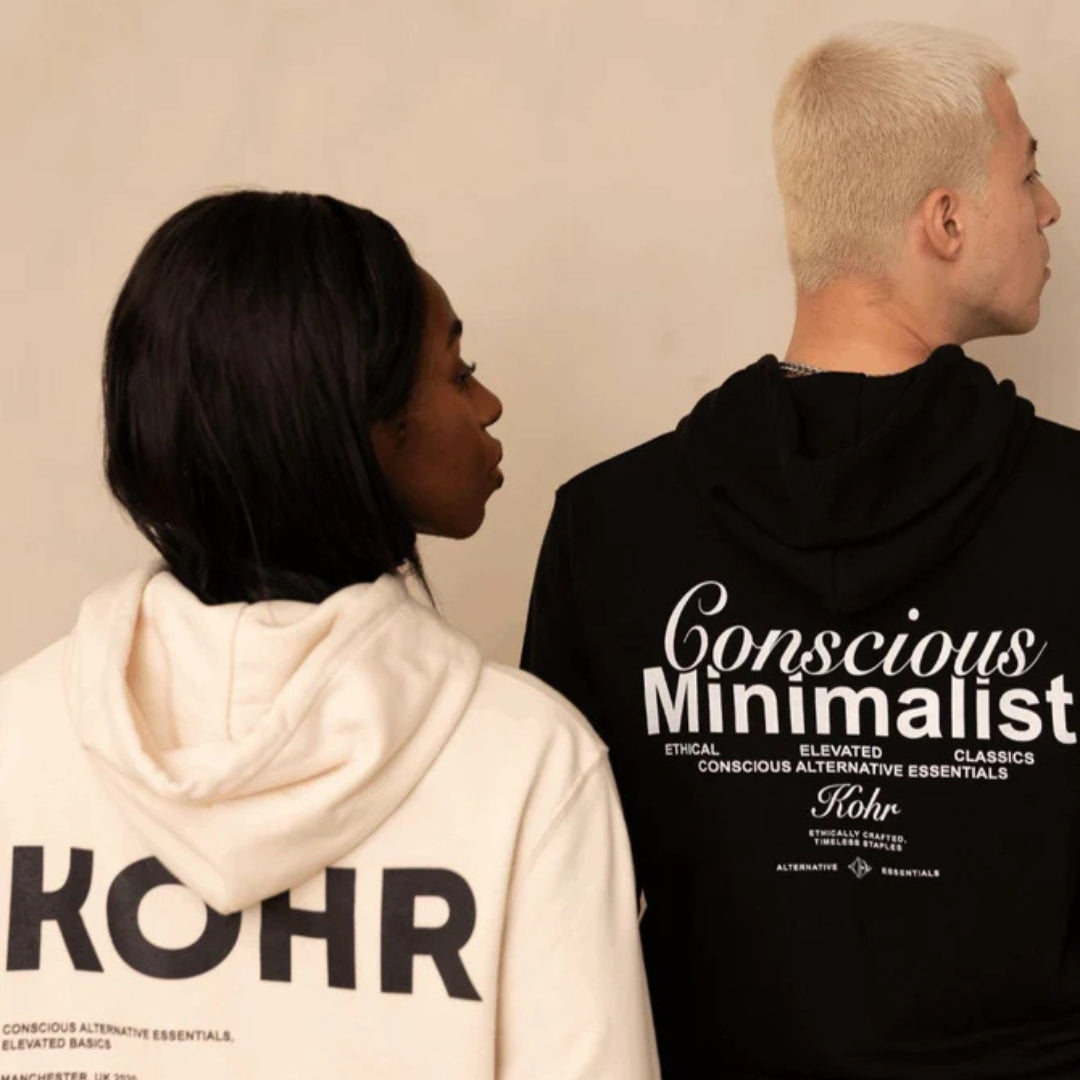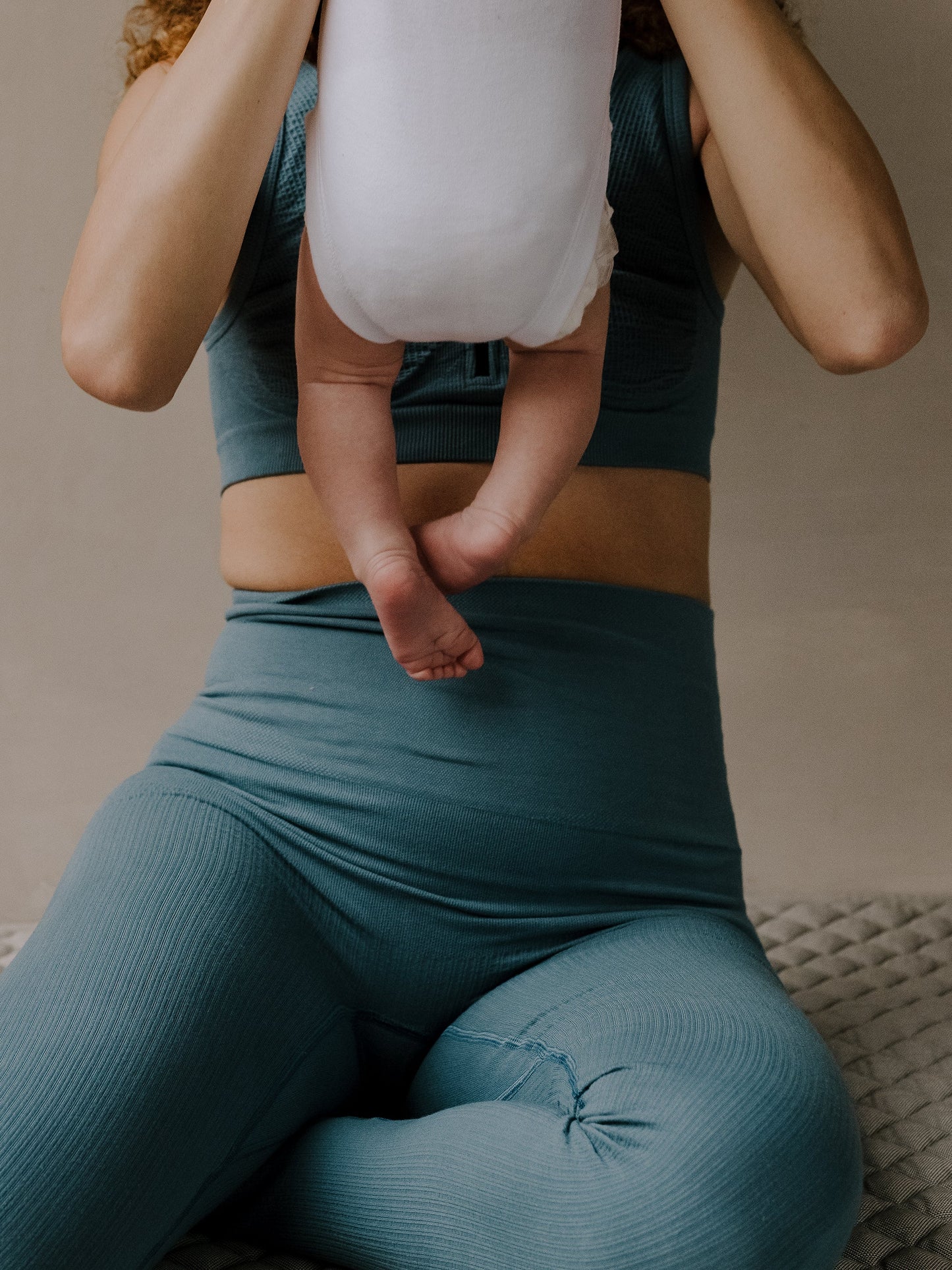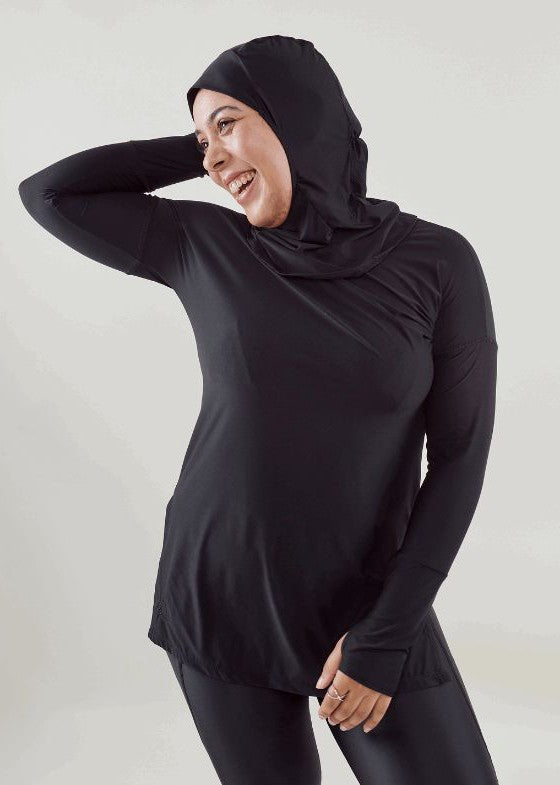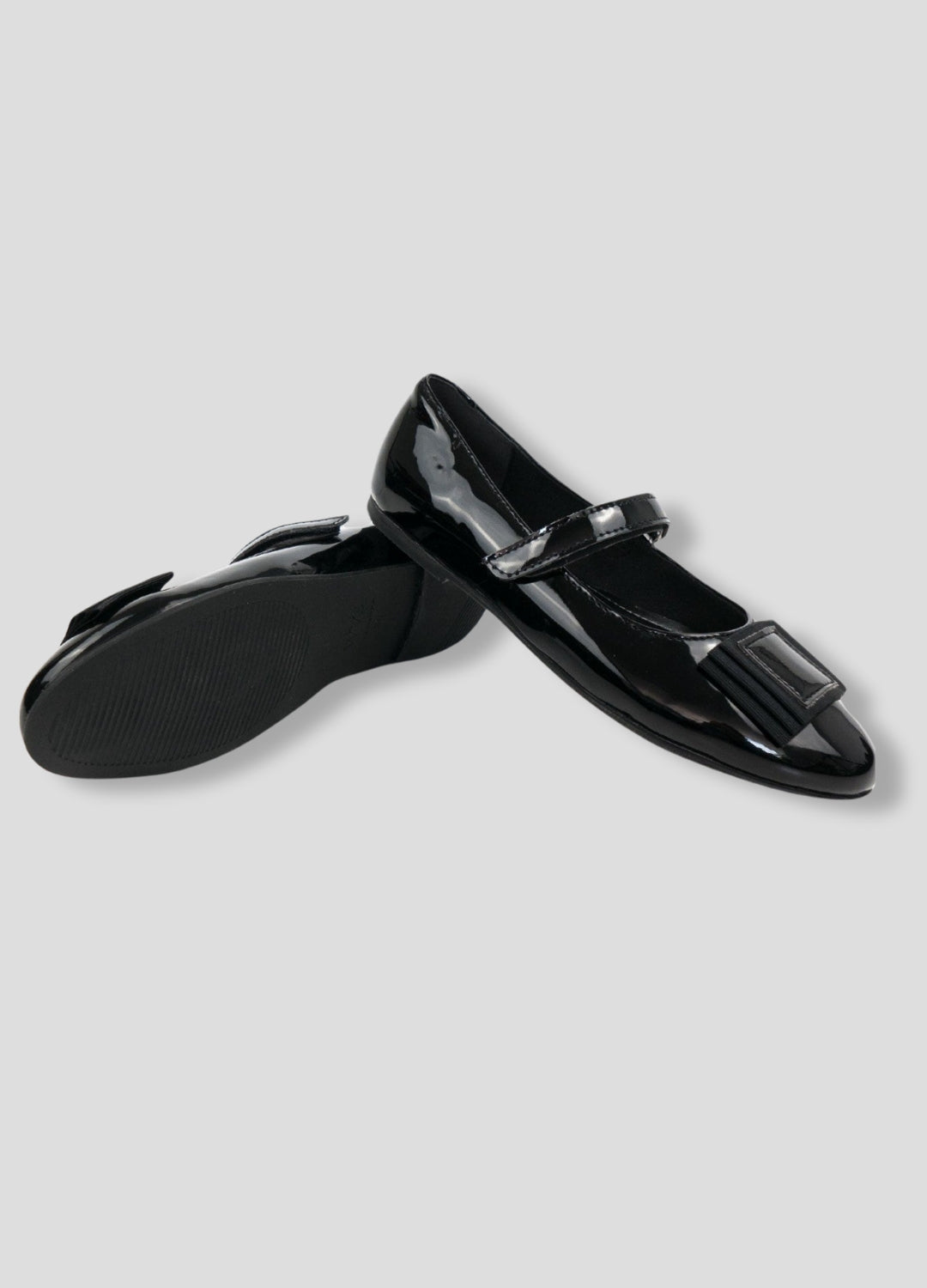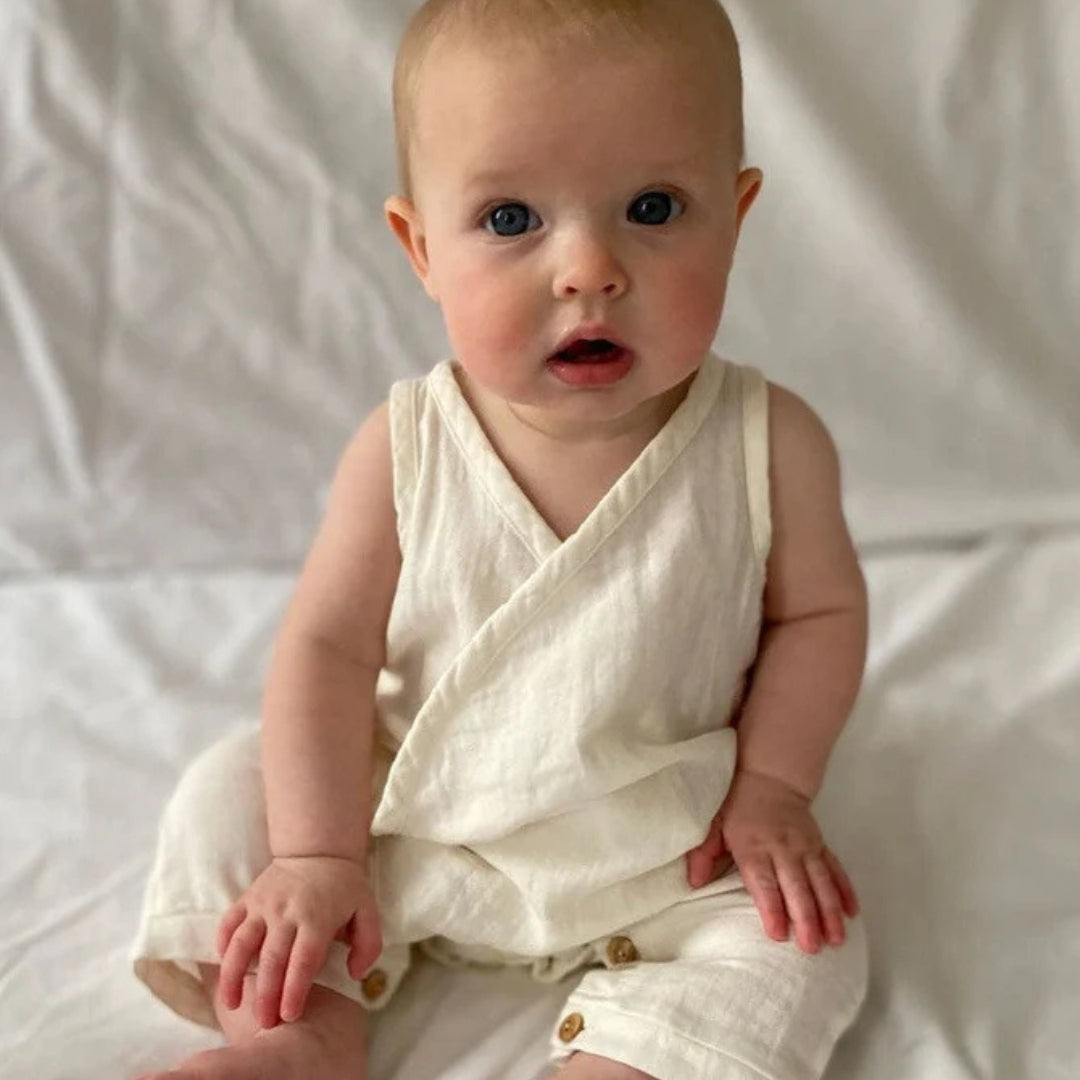OUR PARTNERSHIP WITH GOOD ON YOU
Good on You is the world’s leading source for Sustainable & Ethical fashion brand ratings, and we are proud to partner with them. They share our belief that fashion brands should be responsible for, and transparent about their impact. They use expert analysis to give each brand an easy to understand score, giving you the power to make better choices when you shop.
We only stock brands which are rated in their top two ratings of ‘Good’ or ‘Great. If a brand isn’t yet rated by Good on You, we assess them ourselves using exactly the same criteria.
All information is clearly stated on product pages and brand pages.
HOW THEY RATE
The Good on You brand rating system considers the most important social and environmental issues facing the fashion industry to assess a brands impact on People, the Planet, and Animals.
PLANET
They consider each brand’s resource use and waste management, and their policies to address energy use and carbon emissions, impacts on water, microfibre pollution and chemical use and disposal.
ANIMALS
They consider how well a brand traces it’s animal products and its animal welfare policies. We identify the use of fur, angora, down feather, shearling, karakul and exotic animal skin and hair. They also consider wool use including ‘mulesing’ and whether and how the brand uses leather.
PEOPLE
They look at brands’ impact on workers across the supply chain. These include policies and practices on child labour, forced labour, worker safety, freedom of association (the right to join a union), gender equality and payment of a living wage. We consider how well a brand ensures that its policies are implemented: do they empower workers, have supportive supplier relationships, or conduct meaningful audits? Do their policies protect workers from the impacts of COVID-19?
RATING SCALE
Great 
These brands demonstrate leadership in all three areas. They are typically very transparent, and have both strong policies and strong assurance (e.g. from one or more broad-based certification) to address the most material issues across their supply chain.
Good 
These brands adopt policies and practices to manage multiple material issues across their supply chain and are often demonstrating leadership in one or more area.
(for full ratings read here)
INFORMATION SOURCES
Key data sources are brand and parent company reporting, robust third party indices (eg the Fashion Transparency Index and CDP Climate Change and Water Security projects), and independent certifications, accreditations and other standards based systems (like Fair Trade, Cradle to Cradle, OEKO-TEX STeP and the Global Organic Textile Standard).
They collect over 500 data points per brand across more than 100 key sustainability issues, indicators and standards systems. They weigh third party sources according to their scope (the issues they address) and the quality of their assurance (how well they ensure brands comply with the standards that have been set).
